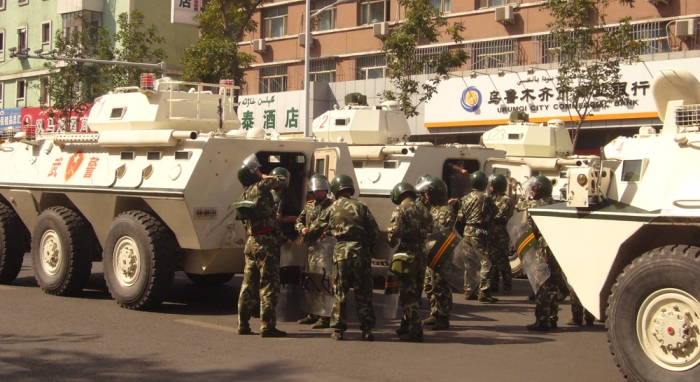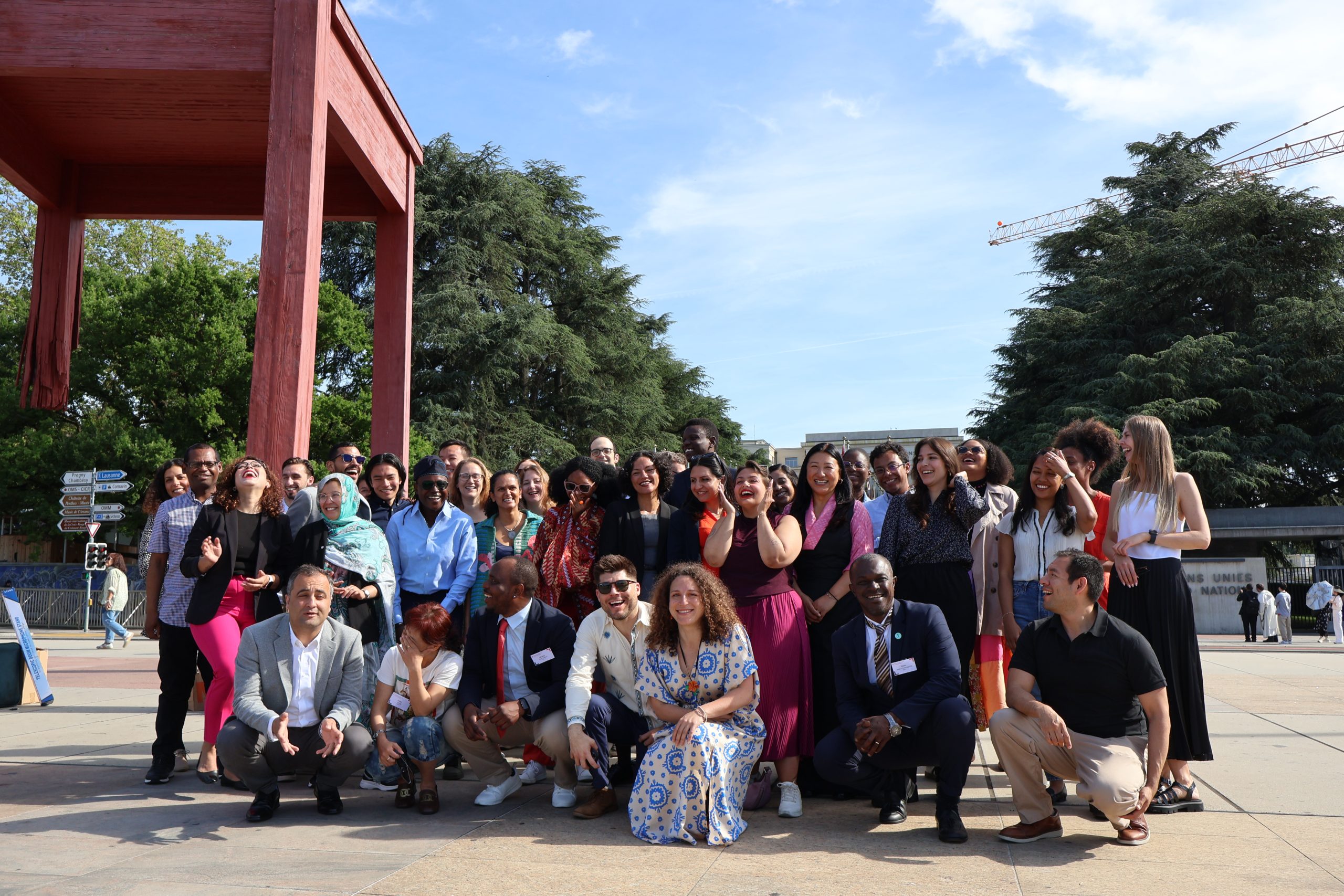The Chinese government, by rejecting recommendations for access to Xinjiang and for the release of those extra-legally detained, once again shows itself unwilling to face scrutiny at the Council.
‘The Universal Periodic Review is meant to be able to highlight human rights challenges in a country – not enable a government to sweep violations under the rug’, said Sarah M Brooks, Asia advocate at ISHR.
Media reports, victim testimony and a growing body of UN documents have highlighted the grave nature of violations against Uyghurs and other Turkic Muslims in China. Upwards of a million individuals have been extra-legally detained in re-education camps, while the remaining population faces intense discrimination, harassment, surveillance and intrusive social engineering campaigns in an attempt to sincicise their religion and culture.
‘China’s rejection of more than a dozen specific recommendations to address the serious violations occurring in Xinjiang is yet another reason for the Council to take action,’ says Brooks.
‘States must act collectively to call for access for independent experts to the region, and increased monitoring and reporting by the Office of the High Commissioner.’
The Universal Periodic Review of China, held in November 2018, occurs once every five years and was an opportunity to encourage progress on all human rights. Its peers made fifteen recommendations to China specifically raising concerns of access to Xinjiang and calling for the release of those detained in the camps.
During the review, China accused mostly these western countries who raised concerns of violations in Xinjiang of showing ‘total disregard of the facts’, infringing on China’s national sovereignty, and having double standards.
As Reuters reported at the time, the delegation from China argued that the growth of these internment camps (which, since August 2018, they have referred to as vocational training centres) was ‘a preventive measure to combat terrorism’. In fact, people are detained there only for one reason: their culture is different from that promoted by the government.
For more information, please contact Sarah M Brooks at [email protected] or @sarahmcneer on Twitter.
Photo: Ccyber5 from Wikimedia Commons




